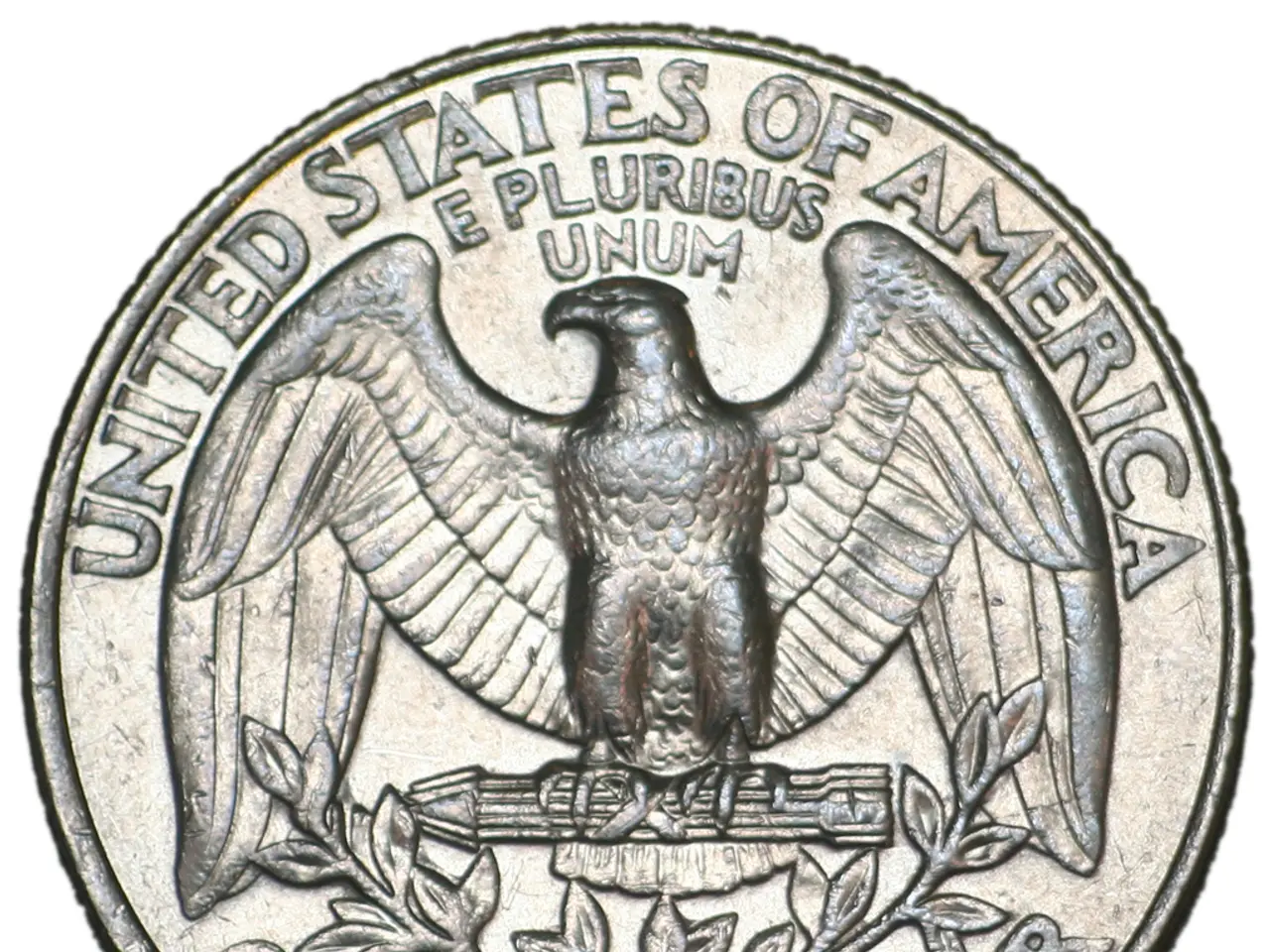Tether Holds Over $120 Billion in Government Securities
In the world of digital currency, Tether has made a significant impact as the issuer of the largest stablecoin, USDT. With a market capitalization of 143.7 billion dollars, Tether ranks 19th among nations holding Treasury bonds, according to its reserves backed by nearly 149.3 billion dollars.
Tether's influence extends beyond the realm of cryptocurrency, as it has invested two billion dollars into startups and companies in the areas of AI, energy, P2P, and data processing. This diversification is evident in its recent acquisitions and investments, such as the 70% purchase of South American energy provider Adecoagro and a 10% stake in the football club Juventus Turin.
The success of these ventures varies. While the P2P messenger Keet, a Tether acquisition, has found modest success in the market, the company is yet to establish sustainable pillars alongside its core business.
Tether's gold-backed stablecoin, XAUT, has seen some success, reaching a market capitalization of $770 million and being backed by 7.7 tons of gold. However, Tether's other stablecoins, XAUT and EURT, as well as its other projects, have not been as successful and remain peripheral to the dollar stablecoin USDT.
Tether's reserves resemble those of central banks, such as those of the Czech Republic or Poland. Yet, despite its astronomical profits, Tether finds it challenging to use its profits effectively in establishing sustainable growth outside of its core business.
In an effort to expand further, Tether has brought USDT natively to the Kaia blockchain of LINE, a high-performance layer 1 blockchain popular for mini dapps, especially in Asia. Tether has also donated $100,000 to the BTCPay Server Foundation, demonstrating its commitment to the broader crypto community.
However, Tether's growth has not been without challenges. In the EU, USDT is no longer allowed to be traded due to not meeting the EU's requirements for stablecoin issuers.
As Tether continues to diversify and expand, it will be interesting to see how it navigates these challenges and continues to shape the digital currency landscape.







